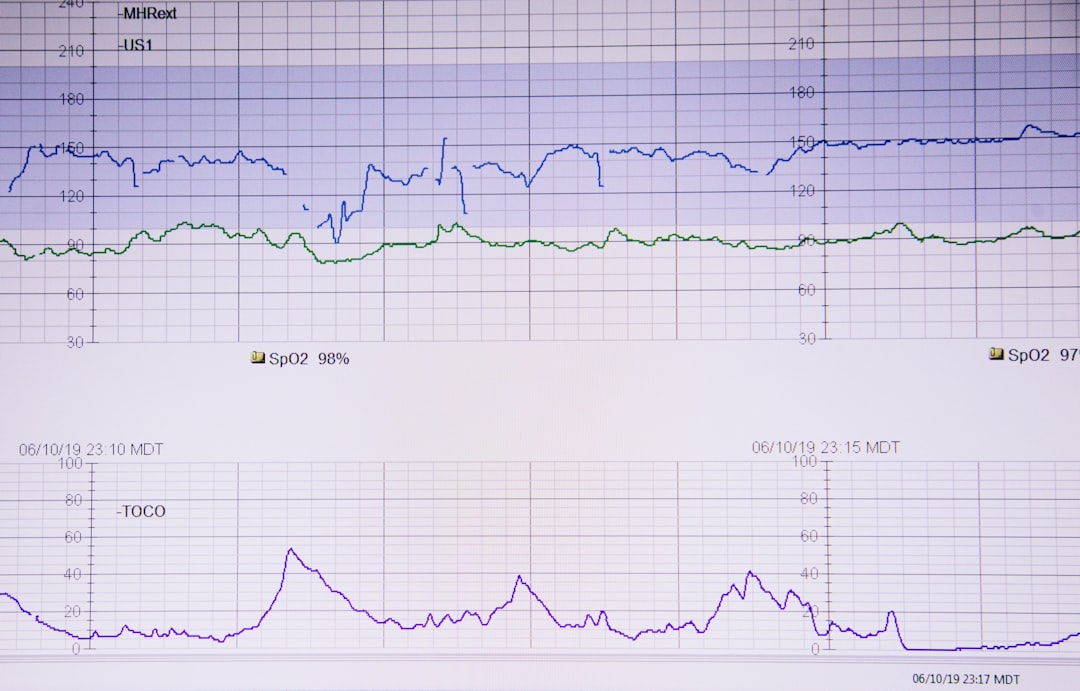What is it about?
The paper investigates the growth effects of human capital (i.e., labour skills and education) and political factors (measures of democracy) with respect to inflows of foreign direct investment (FDI) into 61 transition economies (formerly centrally-planned) and developing countries between 1989 and 2013. The statistical analysis uses panel data methods to investigate the growth impact of FDI inflows to these countries with respect to the separate and combined roles of human capital and political regime measures
Featured Image
Why is it important?
The paper uses up-to-date data to analyse the influence of labour skills (human capital) and political regime. It finds that the impacts of FDI in transition and developing countries are not as straightforward as the case of more advanced economies; the contribution of FDI and human capital to growth is found to vary across regime types - Democratic, Hybrid Democracies and Authoritarian - not always in the expected ways. Further, there are marked differences in the findings between for transition and developing economies - human capital and political development are found to suppress growth with little role for FDI while in developing economies FDI is a driver of growth but human capital is not.
Perspectives
This paper is founded upon the complementary skills of the authors and addresses an issue with important growth policy implications for transition and developing countries.
Robert Read
Lancaster University
Read the Original
This page is a summary of: Economic and Political Determinants of the Effects of FDI on Growth in Transition and Developing Countries, Thunderbird International Business Review, February 2016, Wiley,
DOI: 10.1002/tie.21785.
You can read the full text:
Contributors
The following have contributed to this page










